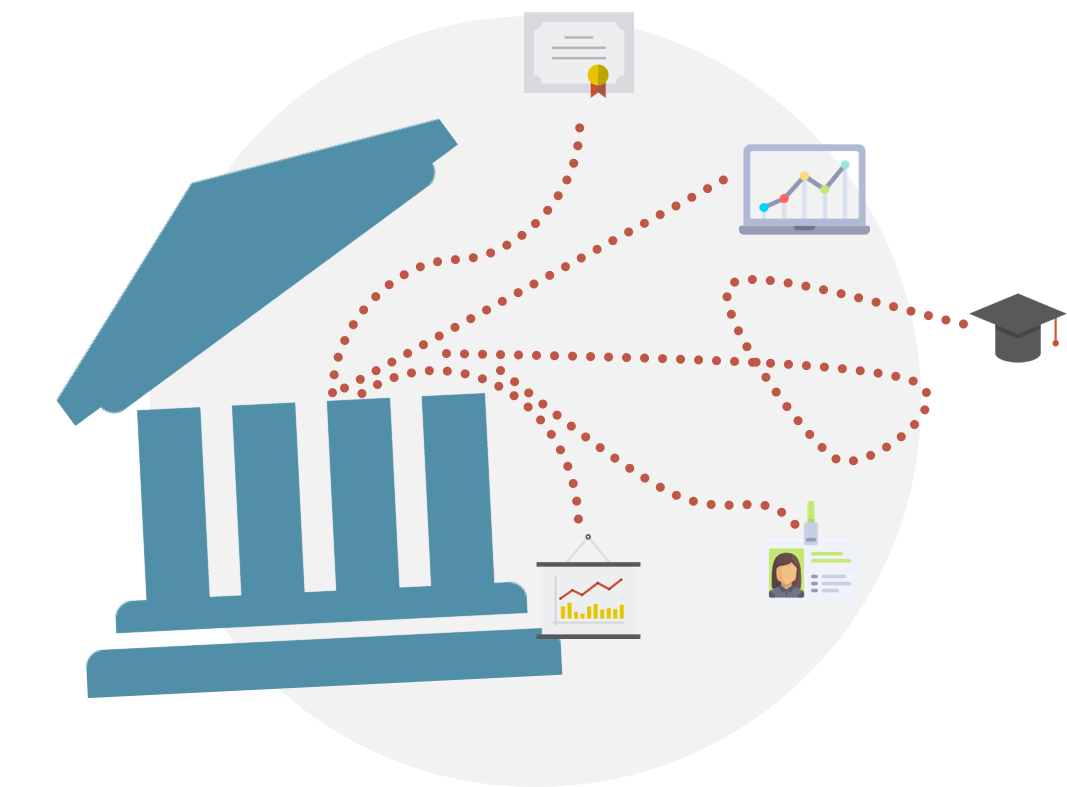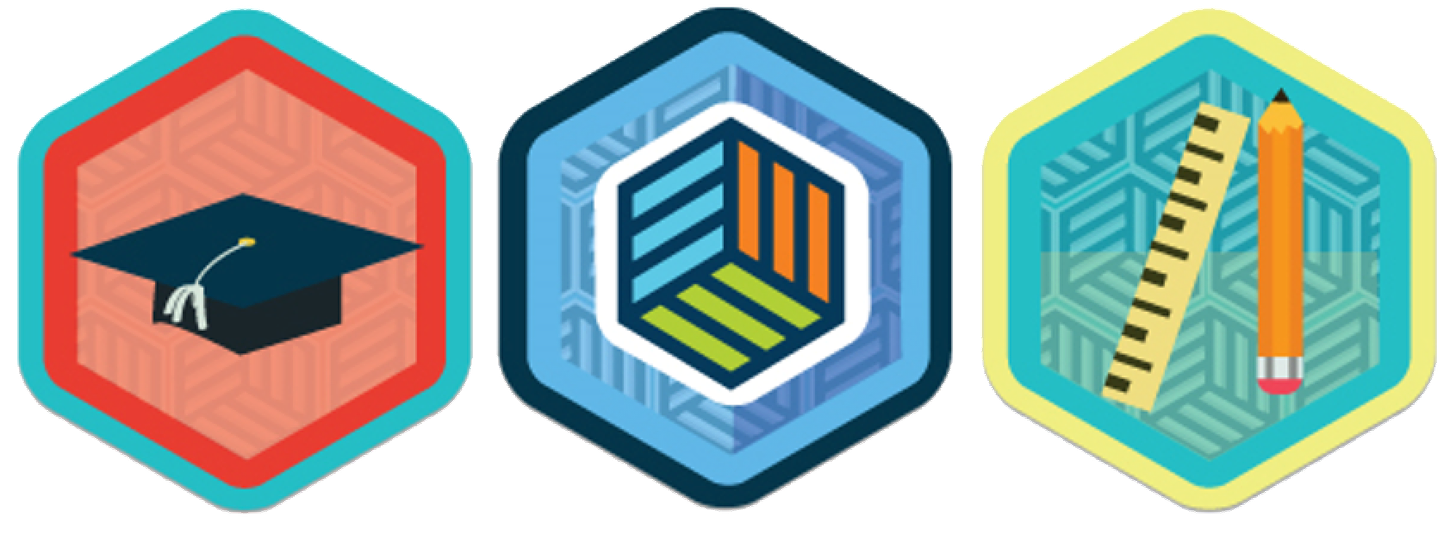After today’s academic degree - What’s next?
Five trends to watch as the academic degree is upended.
2021:4
Special edition of the Ex4EDU.Report for the SEAA Trust 14th IAC 2021
As described in the prior issue of the Ex4EDU.Report, there are many signs of pending disruptive change to the academic degree. Declining demand and desirability of current higher education products will drive change and several trends are already evident. A few of those trends having a strong impact on the future of the academic degree are described below.
1. Focus on standards-based quality
Institutions by and large will be a need to demonstrate standards-based quality as a “ticket to entry” to the higher education playing field. The historical pillars of quality assurance have been governmental authorization and accreditation. Both are increasingly influenced and driven by standards such as a growing list offered by the International Organization for Standardization (ISO).
Standards allow transparent evaluation of institutional quality with a holistic view— balancing inputs, processes, and outcomes—and extending beyond the limited factors used in school rankings. The days of accreditation agencies as clubs of nobles will be over. Accreditation agencies will need to raise their game to demonstrate quality with a focus on the improvement of student outcomes and adhering to independent, verifiable standards.
2. Running on reputation
Elite institutions relying on reputational quality and rankings will likely weather the storm better than undifferentiated offerings from under-resourced schools. Those elite institutions, however, make up a small part of the mix of higher education student populations. Using the U.S. as an example, such institutions represent less than 5% of total students as noted in an earlier edition of the Ex4EDU.Report. The public reputation of such institutions creates substantial amounts of “news” but far less impact on overall educational attainment.
Despite the limited enrollments of the elite schools, many non-elite institutions unwisely divert enormous resources into chasing university rankings to play a game of catch-up. Whether university rankings have any correlation with improved student outcomes has been called into question by research conducted at the Stanford University Graduate School of Education in a paper entitled A “Fit” over Rankings. In the end, engagement around student outcomes matters much more than rankings.
3. Unbundling of institutions
Ryan Craig’s book College Disrupted. The Great Unbundling of Higher Education makes the case that complex higher education institutions represent an endangered species. The multi-headed crises of affordability, lack of consumer confidence, and intransparent quality will provide openings to focused providers not offering the whole complex product.
A case in point is the recent initial public offering of Udemy, which raised in excess of $400 million. The presence of such educational content and service providers is set to grow substantially and displace the markets of many higher education institutions.
4. The classroom comes to the community
The Covid-19 lockdowns, often resulting in the almost overnight deployment of online remote learning, acted as a catalyst for a variety of online learning solutions. This trend is expected to continue and lessons will be learned about what works with online modalities will drive more targeted use of the technologies.

We should not forget the historical reason for the gathering of scholars in a location, i.e. the university, was access to the library and having a place to conduct student meetings. The pandemic drove almost universal use of remote online learning tools and accelerated the process of getting broadband to more corners of the world. For higher education, the result will be that the classroom of the future will no longer be only at the institution but now in students’ homes and communities.
5. Alternative credentials take off
Micro-credentials are perhaps the greatest existential threat to today’s cornucopia of academic degrees and existing higher education institutions. Credential Engine, a credential registry in the U.S., lists over 900,000 credentials representing $1.9 trillion in training expenditures, both of which dwarf the academic degree market. Credentials offer flexible pathways to learning and can be stacked or aggregated to signify the achievement of the equivalent of an academic degree.
Assuring the integrity of credentials will itself become a business and may branch into the realms of badges and blockchain. Technology companies such as Salesforce, Google, and Mozilla’s Open Badges are on the front lines and are joined by the MOOC providers such as Udemy, Coursera, edX, and Udacity.
Any one of the trends described above signifies substantial disruption. Taken together, they point to a major shake-up and shake-out in higher education.
Some thoughts on how to rise to meet these challenges will be covered in the next issue of Ex4EDU.Report.
About the Ex4EDU.Report
The Ex4EDU.Report is offered as a free-of-charge contribution by Lone Tree Academics, LLC, an educational services company focused on enabling excellence in higher education. Our services are focused on excellence-based practices for the development of institution and program strategies, curriculum design, and engaging LearningScapes™.
For more information visit www.ltacademics.com








